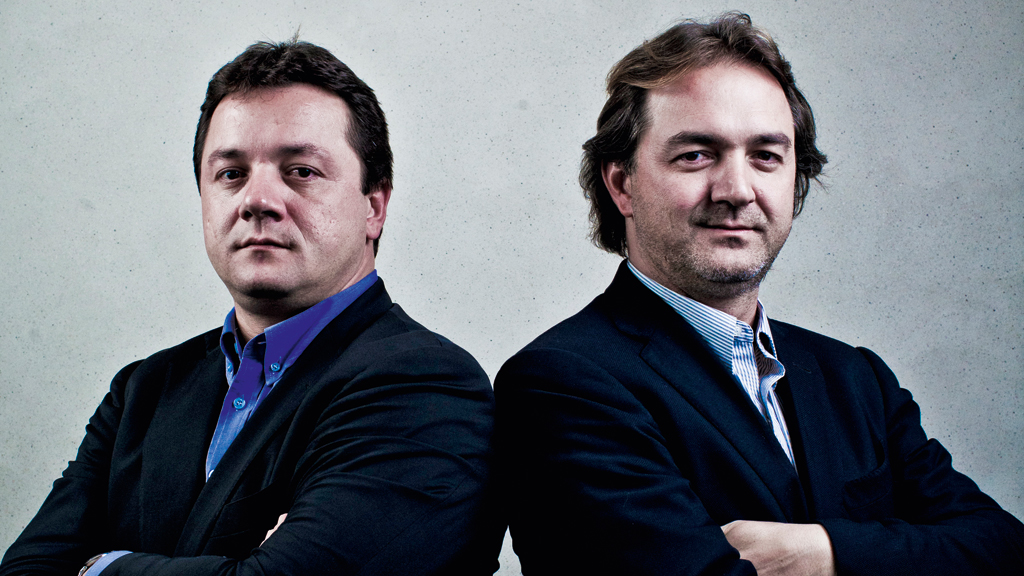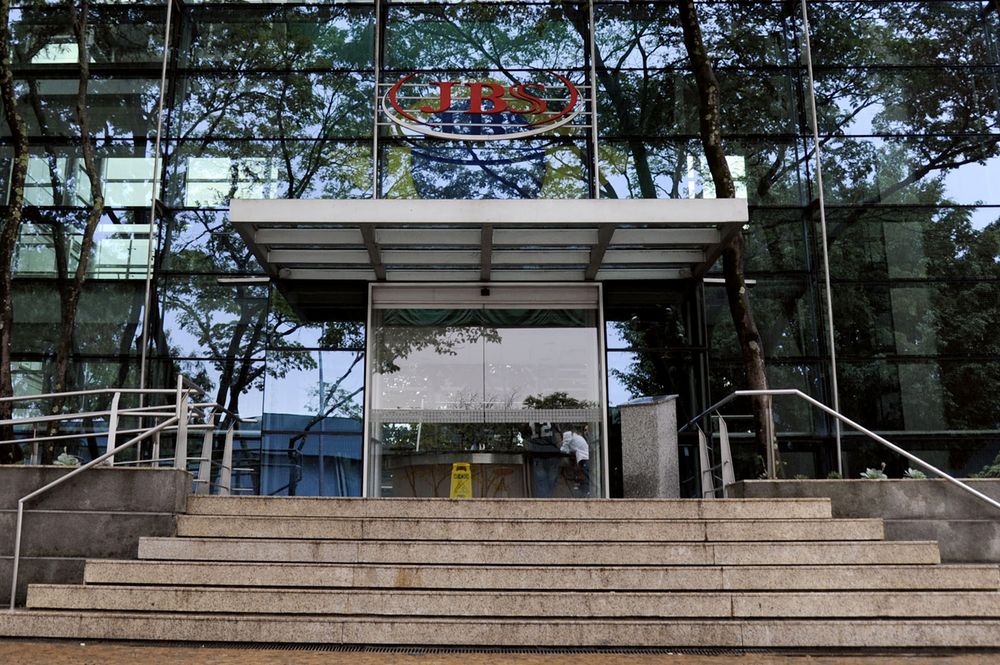RIO DE JANEIRO, BRAZIL – Just under four years ago, brothers Joesley and Wesley Batista were in prison cells with concrete bunks, their multibillion-dollar meat empire at risk in one of the world’s biggest corporate corruption scandals.
Today, they are free, and JBS, the world’s largest meat processing company, is back in the global takeover game. The company, worth three times what it was once worth in 2017, is buying assets worldwide and expanding an operation that already includes more than 20 countries and a quarter of U.S. beef processing capacity.

Together, the Batista brothers own a fortune of US$5.8 billion and hold stakes in companies that total US$28 billion in assets, more than any rival meat barons.
The Batista renaissance coincides in part with the effects of the pandemic on meat markets — scarce supply, growing demand — that enriched those who bet on the sector in the period. But it is more than that.
It’s also a testament to the family’s ruthless efficiency in using every inch of an animal carcass, combined with a broader acquisition strategy, which involves everything from food brands worldwide to even plant-based meat while targeting a possible listing in the U.S.
“It’s a combination of excellent execution with good acquisitions that have allowed them to diversify the business and generate good returns,” says Leandro Fontanesi, head of food and agribusiness coverage at Bradesco.
“JBS and Tyson are reinventing themselves as protein companies, rather than just meat companies,” says Jennifer Bartashus, senior food and retail commodities analyst at Bloomberg Intelligence. “They are getting more and more involved in plant-based alternatives.”
For JBS, this has meant returning to the serial acquisition mode that marked the company’s meteoric rise in the 2000s, but this time focusing on smaller targets and without Brazilian government support. Recent purchases include a British food brand and a German vegetable-based meat substitute company — JBS is also said to be interested in a sausage maker in the country.
As many JBS executives have stated over the years, one of the goals is to go public in the US. Its New York-listed rival Tyson Foods is worth almost twice as much, although JBS outperforms it in almost every other metric.
To do that, however, it will need to convince investors that it has left scandals behind.
In 2017, when Brazilian businesspeople and politicians were going to jail amid corruption investigations, Joesley and Wesley shook Brazil by making a whistleblower deal.
They described to prosecutors a network of bribes to facilitate access to public banks and pension funds. The turmoil that followed nearly brought down a president.
The brothers, who did not give interviews, left day-to-day operations. To appease creditor banks, they sold R$12 billion in assets in a complex debt restructuring that could have destroyed the company. At the same time, the family holding company, J&F, agreed to pay R$10.3 billion to Brazilian authorities over 25 years, followed by a similar deal with the U.S. Justice Department last year for US$256 million.
Since then, the Batistas have added several senior compliance and control positions at JBS, said Flavia Bedran, credit analyst at S&P Ratings. But there is one major change they have yet to address: the board comprises mainly family members and executives with ties to JBS, she says, adding that S&P needs a greater governance track record to assess the effect of the changes on the company.
Wesley and Joesley never took back the reins of the business. But other members of the family have been gaining space. The main one is Wesley Batista Filho, 30, who now commands key units of JBS, including Seara. Following the family tradition, he started working in animal slaughter, learning to identify each part of a steer’s carcass while working in Greeley, Colorado.
Of course, JBS is not the only meatpacking company doing well. Brazilian rival Marfrig Global Foods has also performed above average. Nor are they the only ones involved in scandal: Marfrig’s controller, Marcos Molina, paid compensation in a case involving kickbacks to a public bank in 2018.
Other recent actions involve increasing efforts to address decades of criticism from environmental activists. The company has pledged to invest US$1 billion over ten years to reduce carbon emissions and implement other initiatives while also pledging to track the origin of the cattle it buys more effectively.
“They are taking the right steps to improve investor perception, and I think the listing in the U.S. will also help,” said Bradesco’s Fontanesi. “It will be seen as another positive step toward being more transparent and improving governance.”
The Batistas, however, have just felt the hardships of a possible listing outside of Brazil — in a sector entirely separate from their core business.
This year, the Batistas tried to take public in the United States a gamble the family had made on fintech since 2015, which turned out to be one of the main companies in their empire outside of JBS.
The transaction, in which they sought a US$8 billion valuation for PicPay, was called off for now, according to people familiar with the matter. Investors demanded a bigger discount than the family was willing to give, people close to the deal said, asking not to be identified because the negotiations are not public.
After postponing the IPO, the family plans to invest US$3 billion out of its own pocket in PicPay until 2023, with plans to resume the IPO then, one of the people said. A representative of PicPay, run by another Batista family member, Jose Antonio Batista, confirmed that the transaction was postponed without further details.
Another recent blow: Last month JBS was the target of a large-scale cyberattack. The company paid a US$11 million ransom in bitcoin, ending the forced closure of meat plants in North America and Australia, albeit under criticism from the U.S. government.
Behind JBS’s survivability, the patriarch is a key figure. José Batista Sobrinho, 87, founded the company that bears his initials in 1953 and took it to Brasilia in 1957, selling meat to the workers building the new national capital. In the 2017 crisis, he reassumed command of the company, talking directly with suppliers and keeping the family together in turmoil.
“JBS is an excellent example of the Brazilian way of doing business,” said Luis André Azevedo, a professor at the Getúlio Vargas Foundation Law School. “There is definitely skill in the management of JBS, but there is no way to separate the fact that it, like several other companies in Brazil, spent years benefiting from government money to expand.”


